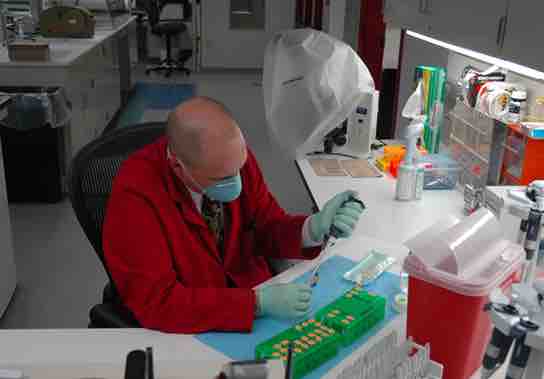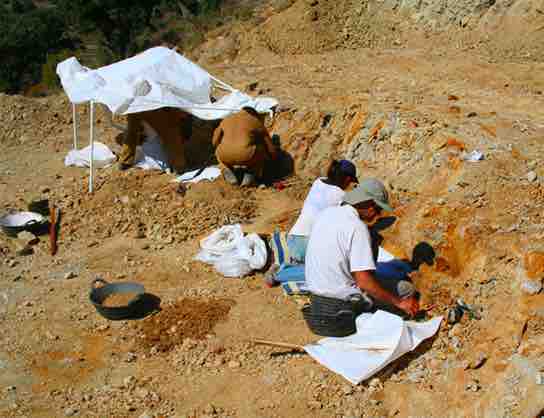Branches of Biological Study
The scope of biology is broad and therefore contains many branches and subdisciplines. Biologists may pursue one of those subdisciplines and work in a more focused field. The biological branches are divided according to the focus of the discipline and can even be divided based on the types of techniques and tools used to study that specific focus. However, with the increasing amount of basic biological information growing due to advances in technology and databases, there is often cross-discipline and collaboration between branches. For instance, molecular biology and biochemistry study biological processes at the molecular and chemical level, respectively, including interactions among molecules such as DNA, RNA, and proteins, as well as the way they are regulated. Microbiology, the study of microorganisms, is the study of the structure and function of single-celled organisms. It is quite a broad branch itself, and depending on the subject of study, there are also microbial physiologists, ecologists, and geneticists, among others.
Biological Disciplines and Careers
Forensic science is the application of science to answer questions related to the law. Biologists as well as chemists and biochemists can be forensic scientists. Forensic scientists provide scientific evidence for use in courts, and their job involves examining trace materials associated with crimes.Their job activities are primarily related to crimes against people such as murder, rape, and assault. Their work involves analyzing samples such as hair, blood, and other body fluids, including the processing of DNA found in many different environments and materials associated with the crime scenes .

Forensic Science
This forensic scientist works in a DNA extraction room at the U.S. Army Criminal Investigation Laboratory at Fort Gillem, GA.
Another field of biological study, neurobiology, is the study of the nervous system, and although it is considered a branch of biology, it is also recognized as an interdisciplinary field of study known as neuroscience. Because of its interdisciplinary nature, this subdiscipline focuses on different functions of the nervous system using molecular, cellular, developmental, medical, and computational approaches.
Additional branches of biology include paleontology, which uses fossils to study life's history ; zoology, which studies animals; and botany, which studies plants. Biologists can also specialize as biotechnologists, ecologists, or physiologists. This is just a small sample of the many fields that biologists can pursue.

Paleontology
Researchers work on excavating dinosaur fossils at a site in Castellón, Spain.
Biology is the culmination of the achievements of the natural sciences from their inception to today. Excitingly, it is the cradle of emerging sciences such as the biology of brain activity, genetic engineering of custom organisms, and the biology of evolution that uses the laboratory tools of molecular biology to retrace the earliest stages of life on earth. A scan of news headlines—whether reporting on immunizations, a newly discovered species, sports doping, or a genetically-modified food—demonstrates the way biology is active in and important to our everyday world.